Fair Congressional Representation On The Line; SCOTUS Hears SC Racial Gerrymandering Case
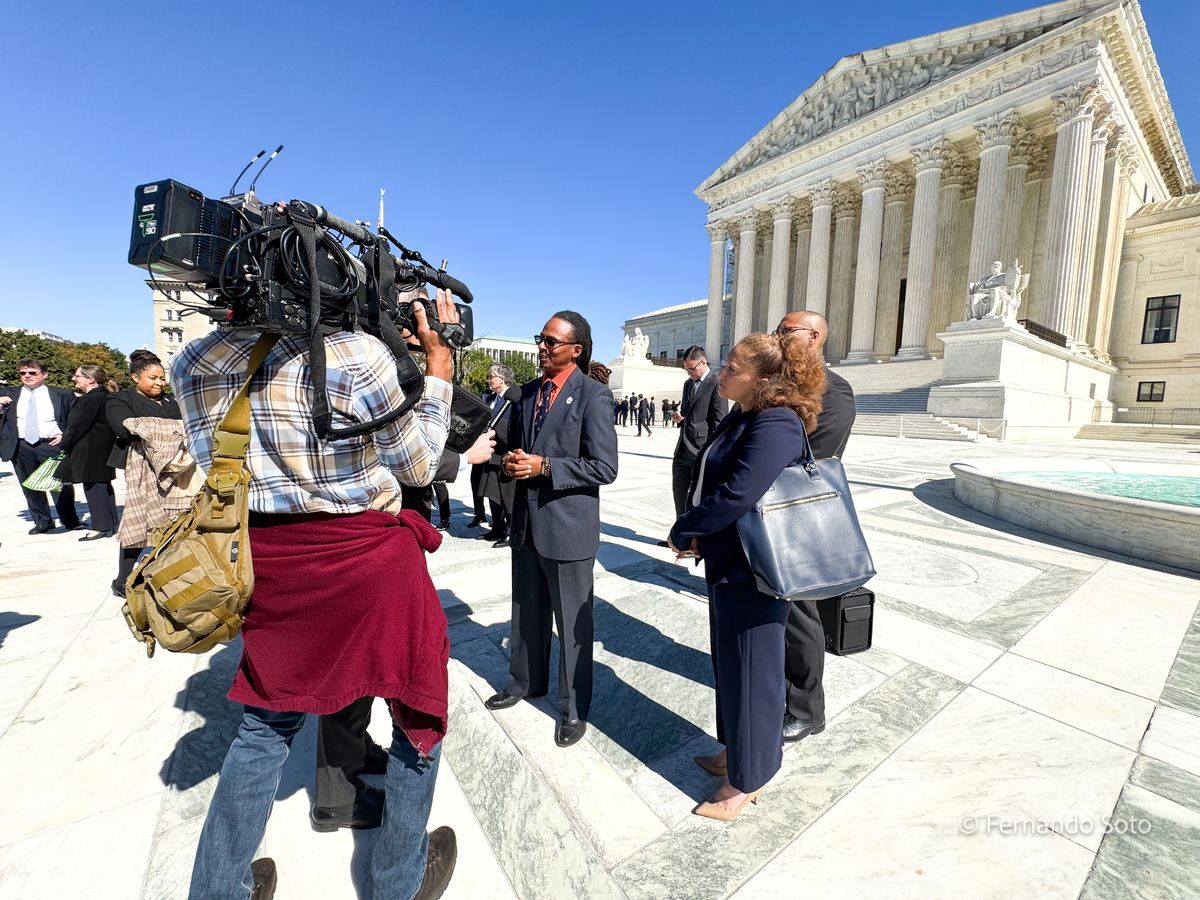
WASHINGTON, DC – On Wednesday morning the US Supreme Court heard arguments about whether or not the district court erred in ruling that South Carolina engaged in racially gerrymandering in drawing SC Congressional District 1.
Last January, a district court in SC ruled that the state had violated the Constitution stating they used race as a factor in redrawing the state's first Congressional District.
The case was brought forward by the ACLU, Legal Defense Fund and Arnold & Porter, representing the SC Conference of the NAACP and Taiwan Scott from Hilton Head and a member of the Gullah-Geechee community.
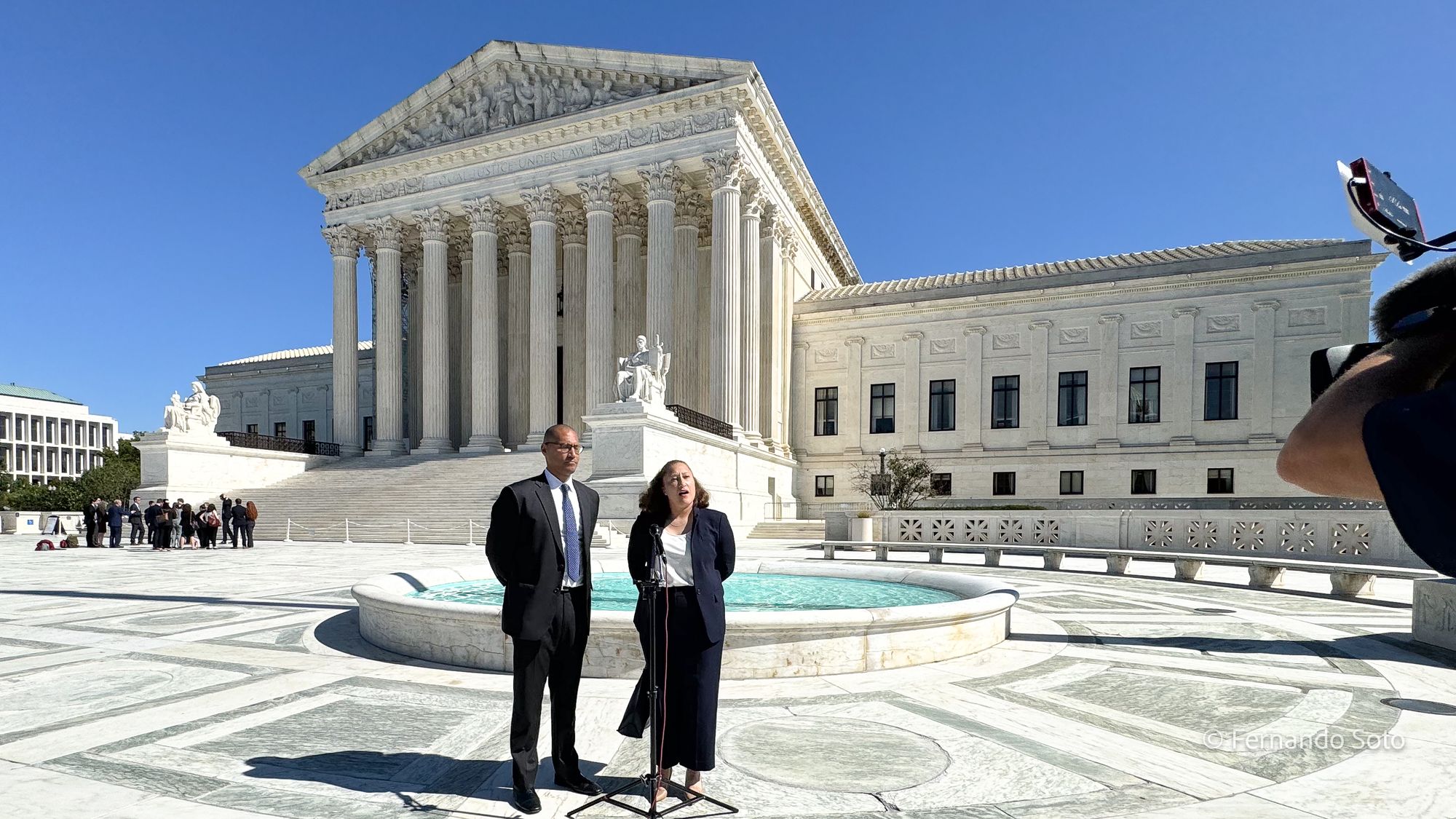
LDF Senior Counsel, Leah Aden, argued before the justices that "the panel properly concluded that race predominated over partisanship in [Congressional District] 1's design."
The Fourteenth Amendment Equal Protection Clause Prohibits racial gerrymandering (in which racial considerations predominate in a state's new districts) and racial vote dilution (in which circumstantial evidence shows that a state intentionally diluted a racial group's vote.
During Wednesday's arguments, conservative justices seemed to try and find reasons to disprove the mounting evidence from the plaintiffs. They questioned the testimony from experts who appeared before the district court and they also seemed hung up on the 'lack' of an alternative map.
Justice Clarence Thomas said, "we normally have an alternate map in these redistricting cases, and, of course, we don't have one here." Aden replied to him stating to "have something we believe that was better, if not comparable, to an alternative map. We have this unrebutted testimony of Dr. Ragusa. That testimony is corroborated by the testimony of Dr. Liu."
Outside of the Supreme Court, Brenda Murphy, President of the SC NAACP State Conference said, "Black voters in South Carolina deserve to fully and fairly participate in a democratic process where we are fully represented and our communities are accounted for."
Inside the court, Justice Sonia Sotomayor asked John Gore, who argued on behalf of the state, "how do you account for the fact that 68.9 percent of whites go to CD1, but only 50.65 percent of Blacks do that are Democrats? So you're controlling for partisanship, and the numbers are that disparate." Gore presented numbers different from those and insisted that race was not a factor in carving out over 30,000 Black citizens from CD1 and moving them to CD6.
Sotomayor found it hard to believe Gore's arguments given that, as she put it, the only commonality between the Black residents of Charleston County and those 100 miles north was that they lived along I-26.
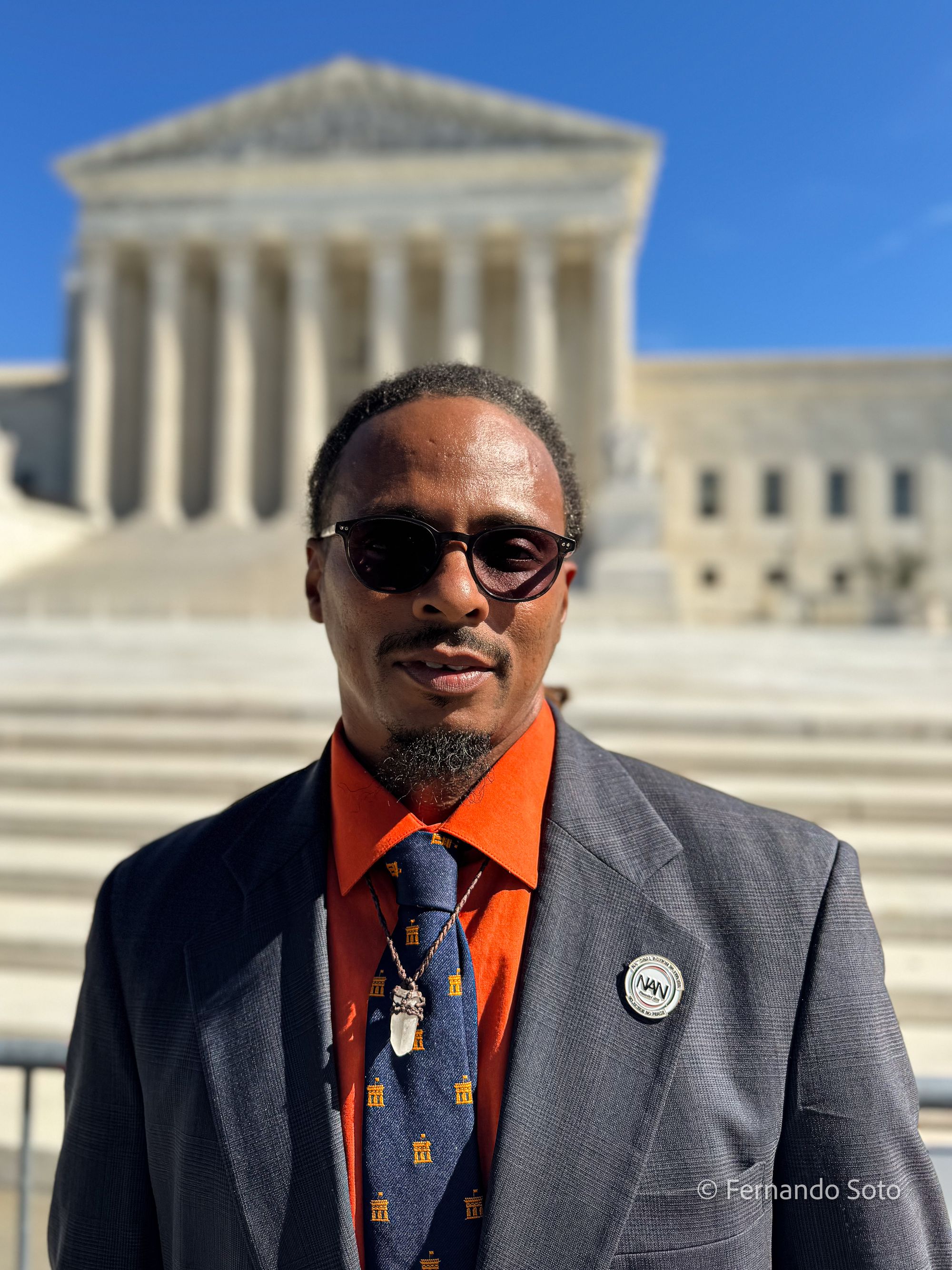
Scott, who is also the President of the local chapter of the National Action Network in Hilton Head, said "we need representation in South Carolina. I'm part of the Gullah-Geechee cultural heritage corridor. Our lands are threatened. We need an advocate, we need someone who is going to speak up on our historical concerns. I'm praying – and I'm hopeful that this is the beginning of having our voices back."
During the two hours inside the court, conservative justices spoke more collectively when questioning Aden than they did questioning Gore. Still, Aden remains confident "that after a full review of the record, the Supreme Court will agree with the panel’s ruling because the law and facts are on plaintiffs’ side. South Carolina’s Congressional District 1, anchored in Charleston County, is a blatant example of racially discriminatory redistricting. We will not back down from the fight for the constitutional rights and dignity of Black South Carolinian voters.”

Mac Deford, an attorney from Mt. Pleasant and one of two democrats vying to unseat Republican Congresswoman Nancy Mace, was present at the oral arguments. He said that "Justice [Ketanji Brown] Jackson really summed the whole crux and lynchpin of this case very well when she said that the evidence that was produced at trial – at the lower court – clearly showed that there was a partisan attempt to achieve a republican tilt, but it wasn't enough. So, to get them over that finish line the evidence showed that they used race as a primary factor in getting them across that line."
Mace currently represents the Charleston-anchored 1st Congressional District.
“Today’s argument confirmed what we’ve long known: South Carolina’s Legislature brazenly moved Black voters out of Congressional District 1 for the sake of partisan advantage. This was a textbook racial gerrymander, as the lower court found, and we are confident the Supreme Court will agree,” said Adriel I. Cepeda Derieux, deputy director of the ACLU’s Voting Rights Project.
In June the Supreme Court ruled in favor of Black voters in Alabama where the state legislature is controlled by Republicans. After the decision, Alabama was to provide a new map that would provide a second Black district out of the seven congressional districts. Lawmakers failed to provide a map that would satisfy the court’s ruling and attempted to appeal to SCOTUS a second time. This past September, SCOTUS rejected the state’s appeal, upholding the decision of a three-judge court, and leaving judges to draw new congressional lines.
The three federal judges appointed special master Richard Allen to draw alternatives and ordered the state “to conduct Alabama’s congressional elections according to a districting plan that remedies racially discriminatory vote dilution that we found and the Supreme Court of the United States affirmed in Alabama’s previous plan.”
SCOTUS has yet to release a date for when a decision in the South Carolina case will be made.
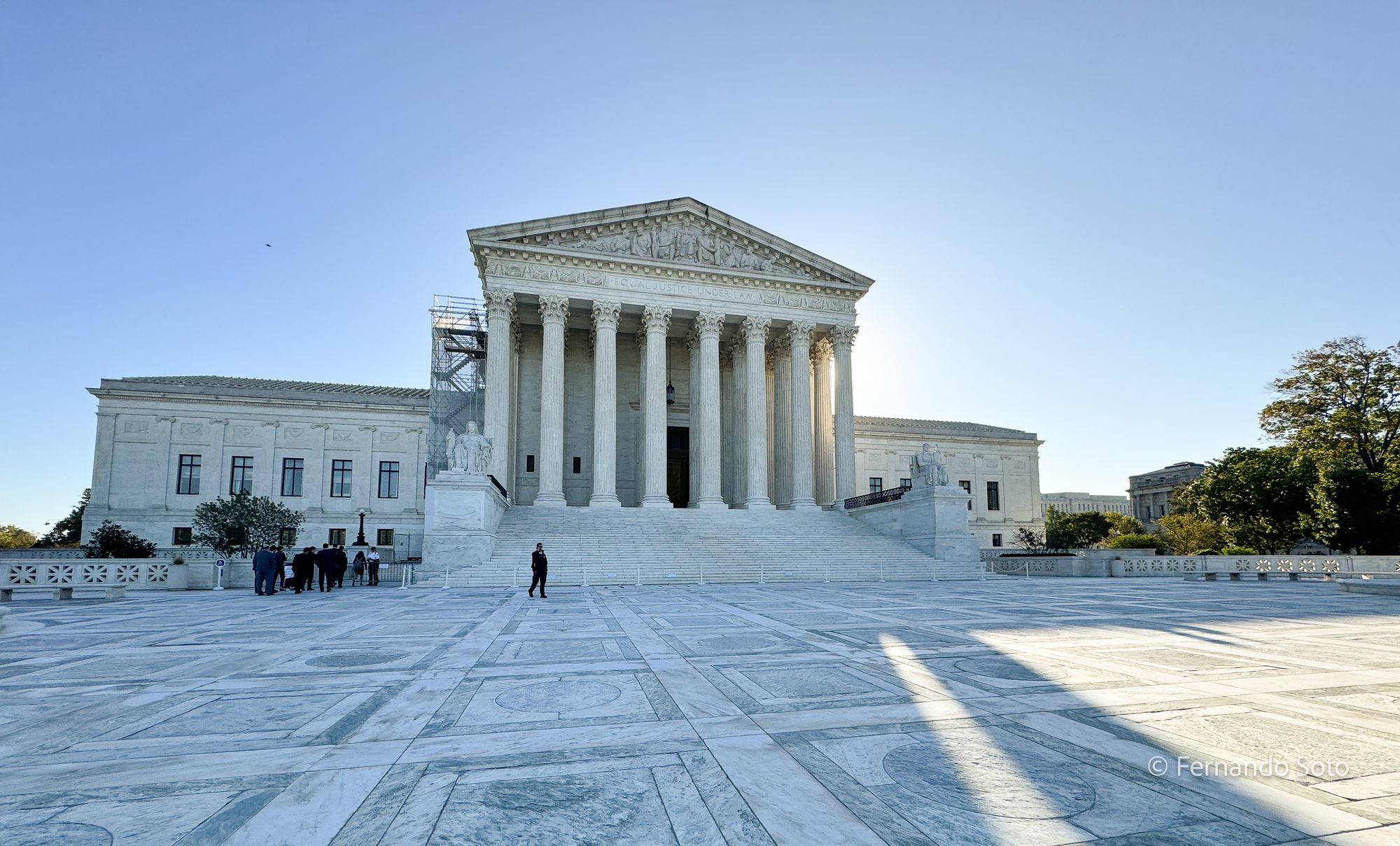
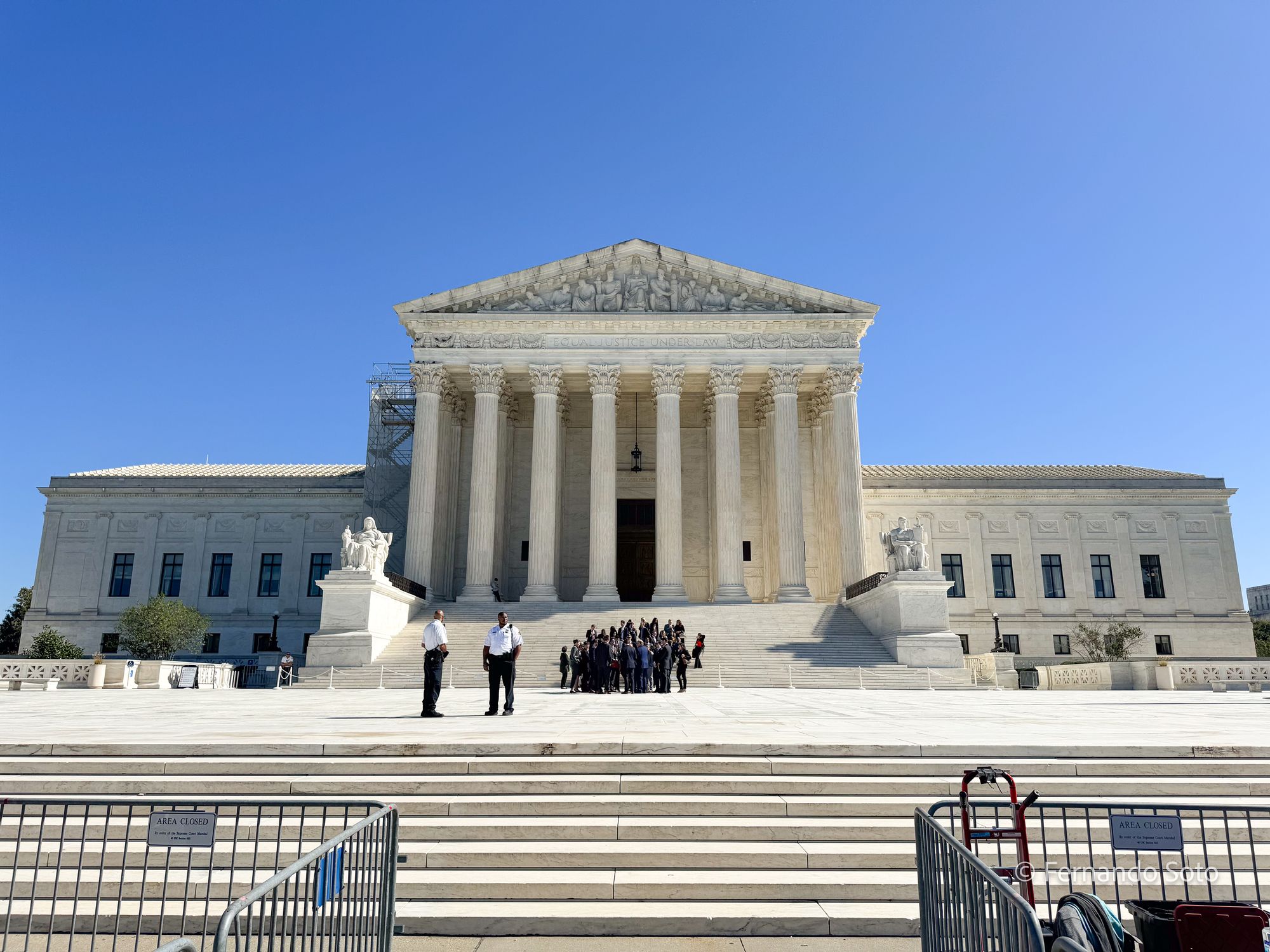
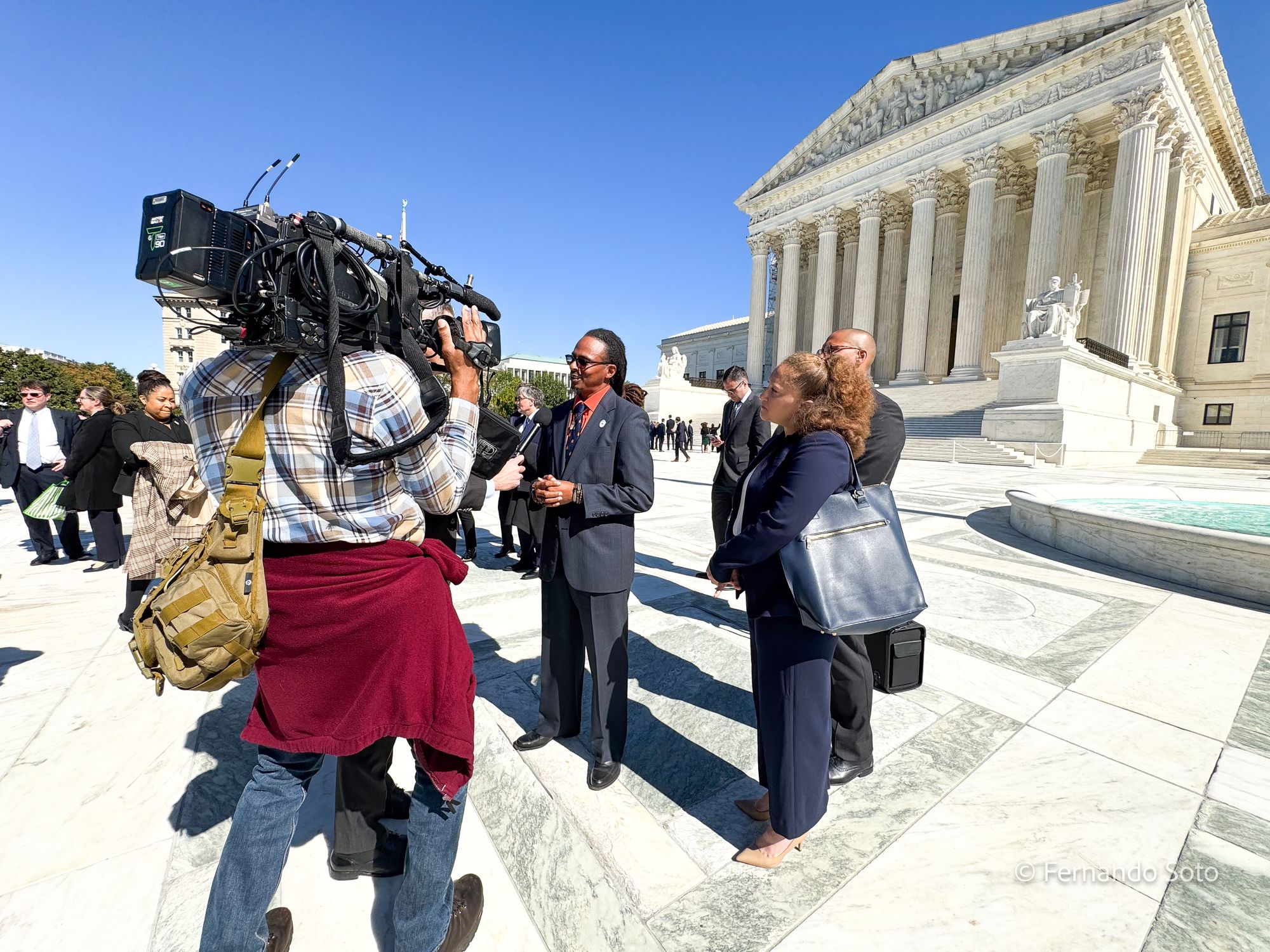
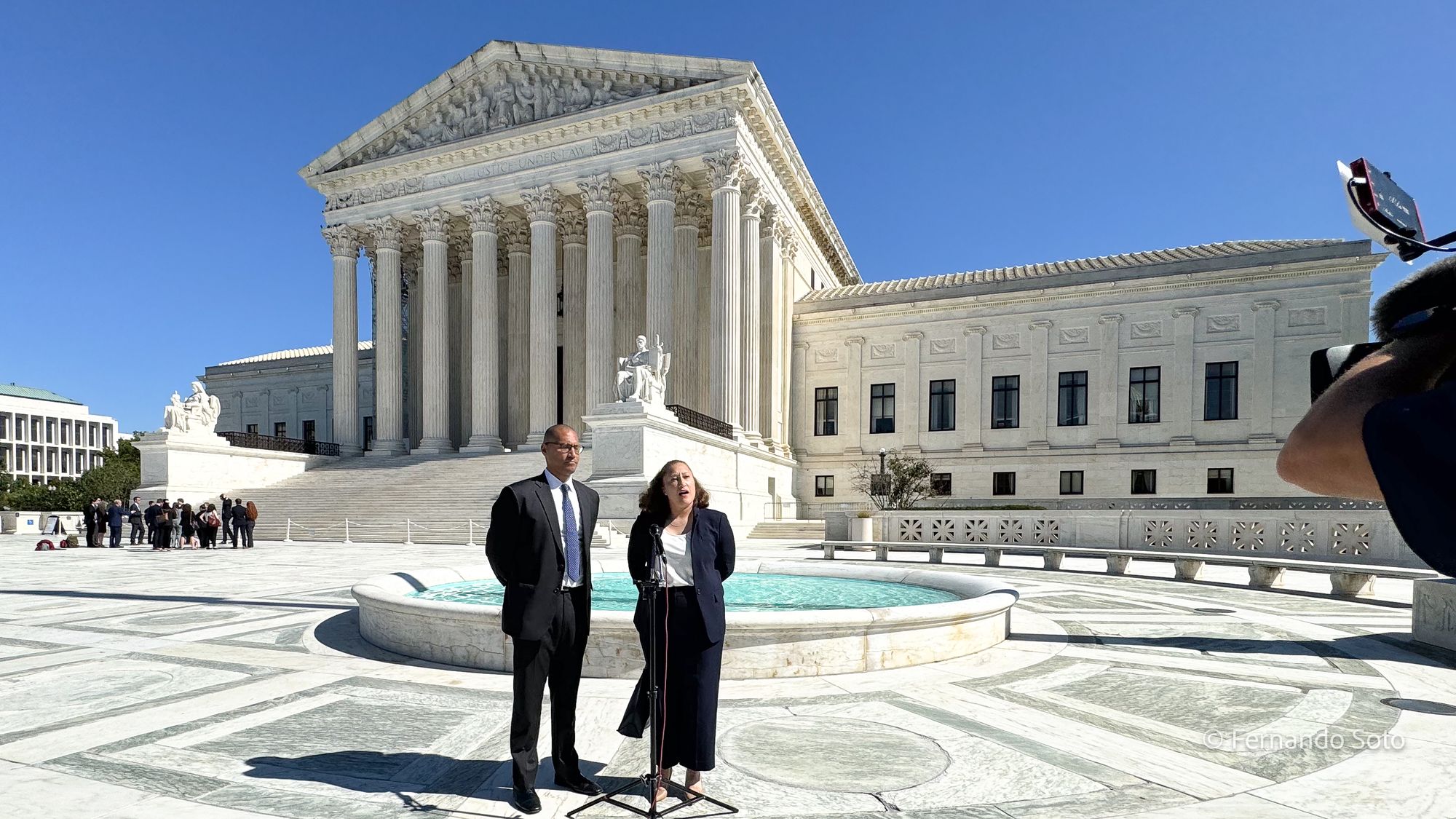
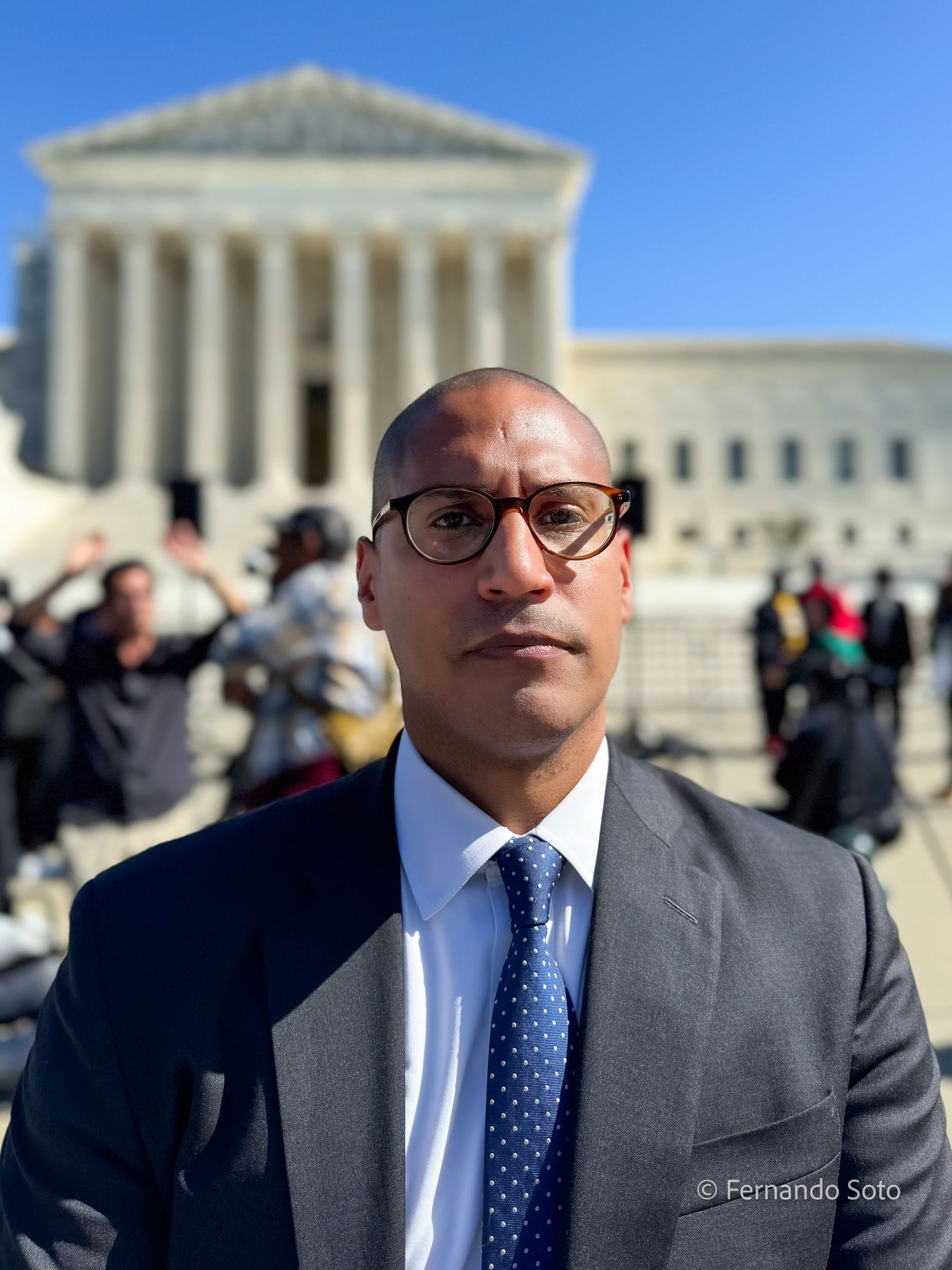
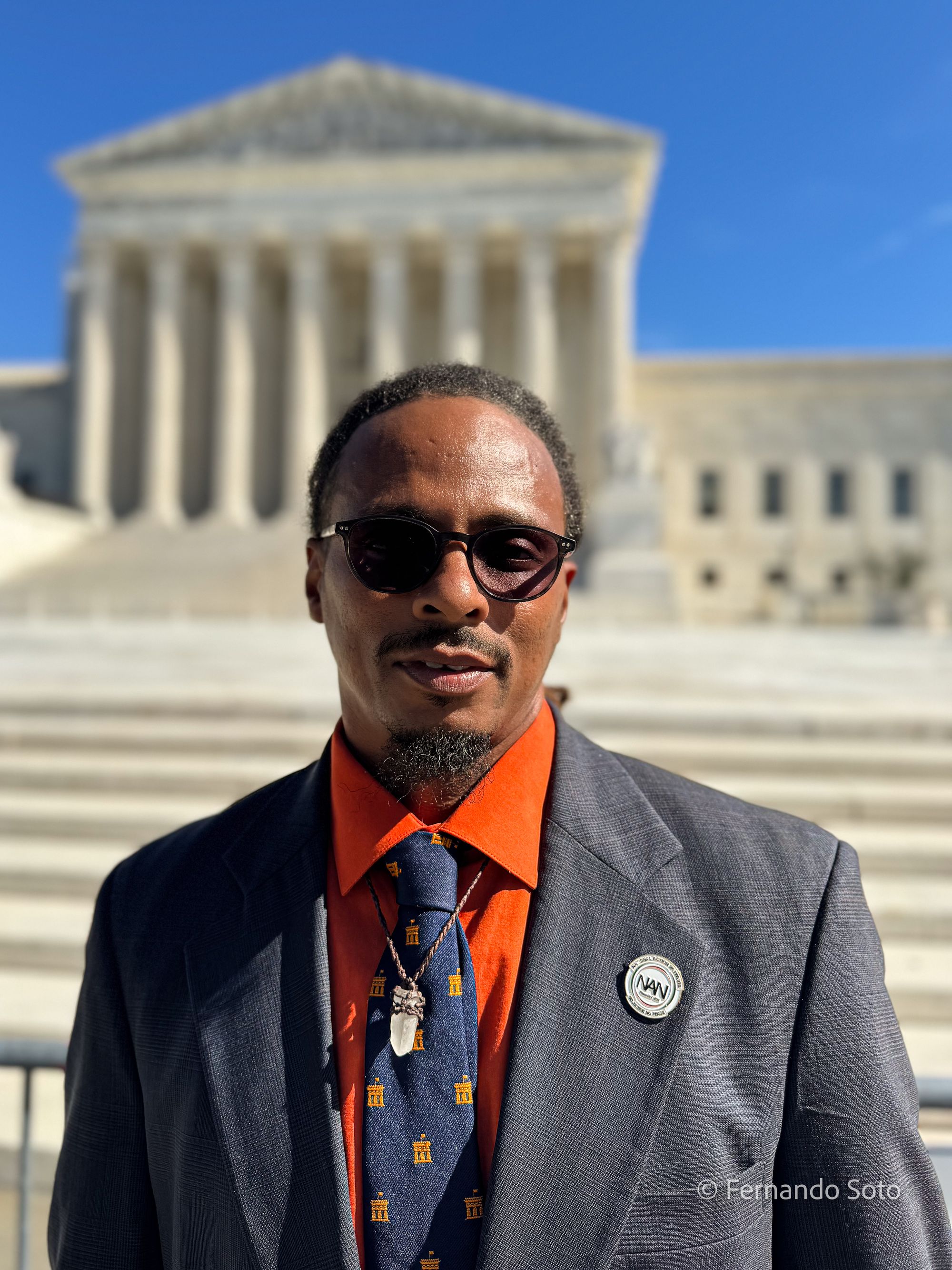
US Supreme Court Oral Arguments Alexander v SC Conference of the NAACP | Wednesday, Oct. 11, 2023
